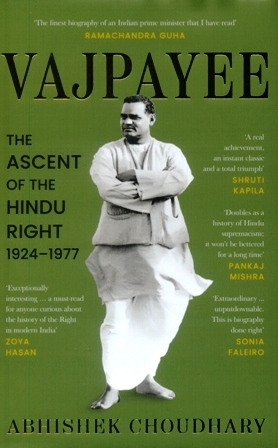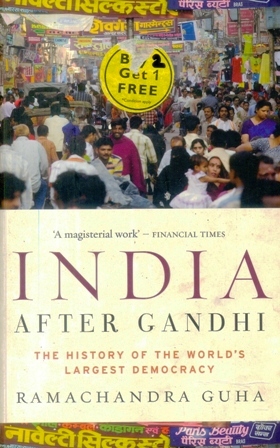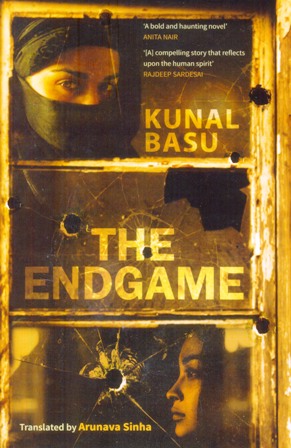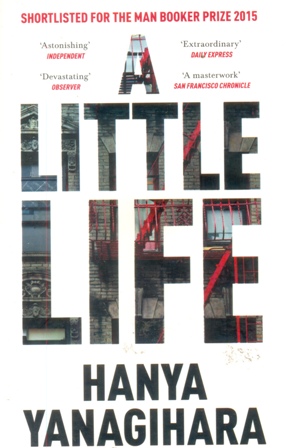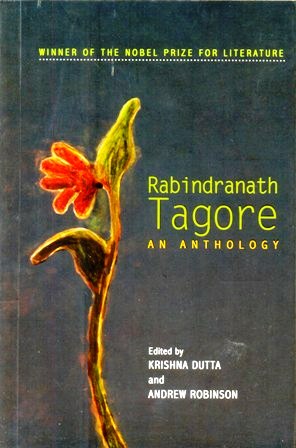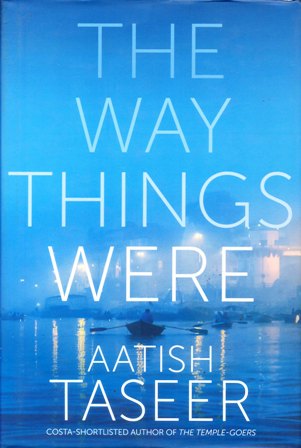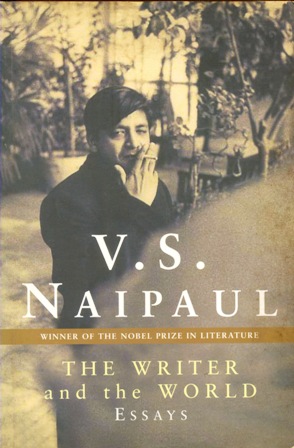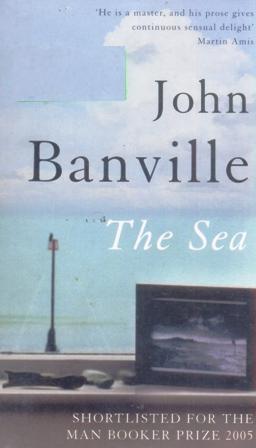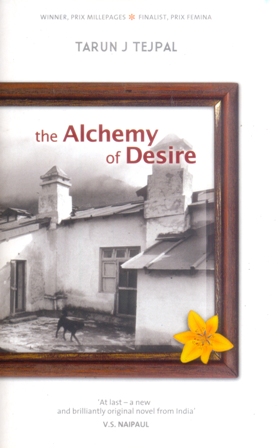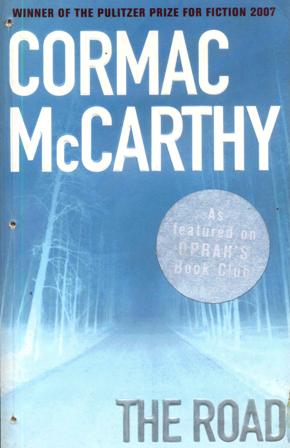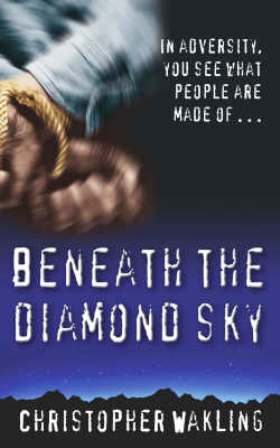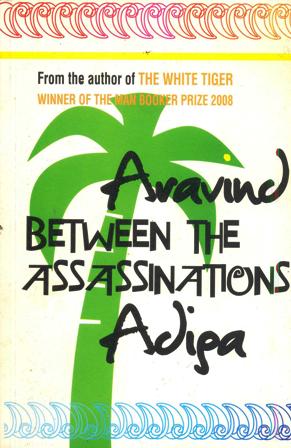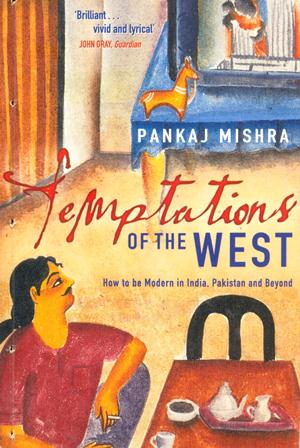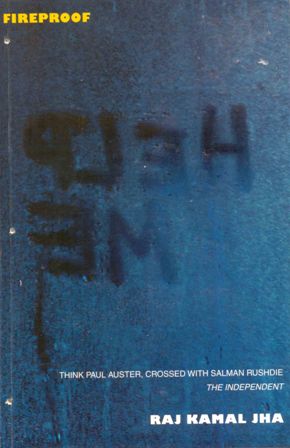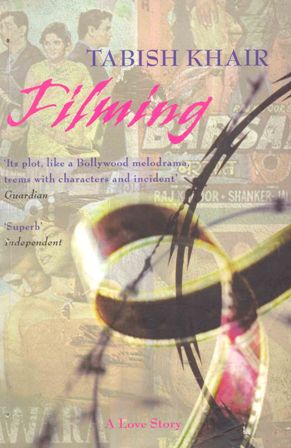-
Vajpayee 1924-1977
‘The finest biography of an Indian prime minister that I have read’ – Ramachandra Guha, author of India After Gandhi: A History
-
India After Gandhi : The History of the World's La
Book of the Year - The Economist, Wall Street Journal, Washington Post, San Francisco Chronicle, Time Out and Outlook Winner of the Sahitya Akademi Award Ramachandra Guha?s India after Gandhi is a magisterial account of the pains, struggles, humiliations and glories of the world?s largest and least likely democracy. A riveting chronicle of the often brutal conflicts that have rocked a giant nation, and of the extraordinary individuals and institutions who held it together, it established itself as a classic when it was first published in 2007. In the last decade, India has witnessed, among other things, two general elections; the fall of the Congress and the rise of Narendra Modi; a major anti-corruption movement; more violence against women, Dalits, and religious minorities; a wave of prosperity for some but the persistence of poverty for others; comparative peace in Nagaland but greater discontent in Kashmir than ever before. This tenth anniversary edition, revised and expanded, brings the narrative up to the present. Published to coincide with seventy years of the country?s independence, this definitive history of modern India is the work of one of the world?s finest scholars at the height of his powers."
-
The Endgame
‘A bold and haunting novel’ ANITA NAIR ‘[A] compelling story that reflects upon the human spirit’ RAJDEEP SARDESAI Saddam Hussein is dead, but there’s no end to war in Iraq. Armed with a reputation for daredevilry, reporter Tejaswini Ray arrives from New York to cover the conflict and is immediately enmeshed in a skirmish with Commander Luke of the US Marine Corps. Bound by Luke’s strict censorship rules, Tejaswini – Tejo – revolts, her coverage of the death of American soldiers killed by landmines draws the world’s attention to a futile war and invites the Commander’s ire. Tejo’s uneasy mission is further troubled by her chance encounter with Shabnam – a young woman trafficked from India and sold into slavery at the Marine camp. Drawn together by an unlikely bond, the two find solace amidst the carnage, but their friendship reveals a secret that links them back to the very beginning of their lives. When the war threatens their camp, Tejo and Shabnam abandon the Marines and embark on an audacious journey. But will they escape the dangers, or will their past invade the present, reversing the wheel of time to hasten the end?
-
A Little life
Brace yourself for the most astonishing, challenging, upsetting and profoundly moving book in many a season. An epic about love and friendship in the twenty-first century that goes into some of the darkest places fiction has ever travelled and yet somehow improbably breaks through into the light. When four graduates from a small Massachusetts college move to New York to make their way, they're broke, adrift, and buoyed only by their friendship and ambition. There is kind, handsome Willem, an aspiring actor; JB, a quick-witted, sometimes cruel Brooklyn-born painter seeking entry to the art world; Malcolm, a frustrated architect at a prominent firm; and withdrawn, brilliant, enigmatic Jude, who serves as their centre of gravity. Over the decades, their relationships deepen and darken, tinged by addiction, success, and pride. Yet their greatest challenge, each comes to realize, is Jude himself, by midlife a terrifyingly talented litigator yet an increasingly broken man, his mind and body scarred by an unspeakable childhood, and haunted by what he fears is a degree of trauma that he'll not only be unable to overcome - but that will define his life forever. In a remarkable and precise prose, Yanagihara has fashioned a tragic and transcendent hymn to brotherly love, a masterful depiction of heartbreak, and a dark examination of the tyranny of memory and the limits of human endurance.
-
The Way Things Were
When Skanda's father Toby dies, estranged from Skanda's mother and from the India he once loved, it falls to Skanda to return his body to his birthplace. This is a journey that takes him halfway around the world and deep into the story of three generations of his family, whose factures, frailties and toxic legacies he has always sought to elude. Both an intimate portrait of a marriage and its aftershocks and a panoramic vision of India in transition, The Way Things Were is a magisterial novel about the pressures of history upon the present moment. Set at flashpoints in 1975, 1984, 1992 and in modern Delhi, it has the epic reach and thrilling ambition and the potential to become a classic of its time. About the Author Aatish Taseer is the author of Stranger to History-a Son's Journey through Islamic Lands (2009) and a highly acclaimed translation Manto - Selected Stories (2008). His novel, The Temple-Goers (2010) was shortlisted for the 2010 Costa First Novel Award. His second novel, Noon was also critically acclaimed. His works have been translated into over ten languages. He lives between Delhi and London.
-
Temptations of the west
'Mishra offers a compelling blend of memoir, narrative history, politics, religion and philosophy. Thoughtful, intelligent and rigorous, this is a deep, insightful study of the very notion of modernity' " Observer" From Bollywood stars in Bombay worrying whether they are sexy enough to a heroin addict in Pakistan mocking jihad; from Indian mafia dons with political ambitions to Afghans waiting for American benevolence; from Kashmiri Muslims longing for democracy to Tibetan Buddhists fighting to preserve religion in politics - "Temptations of the West" is a travel book unlike any other. In a narrative as revealing as it is profound, Pankaj Mishra's new book dissolves the old boundaries between East and West, challenging every romantic cliche about the conflicts and dilemmas at the heart of the modern world. 'Mishra is a precise observer and a subtle analyst, keener to understand than to blame . . . In a thousand details - such as the grimace he catches on the face of a sycophantic businessman as a politician's bodyguard rinses curry-stained hands in his swimming pool - he salutes humanity's paradoxes and wit' "The Economist" 'Wonderful. The narrative is interspersed with sophisticated cultural commentary . . . and, if anything, the point of this important book is to collapse fallacious distinctions between East and West' " Conde Nast Traveller"
-
Fireproof
February 2002. A helpless nation watches as the city of Ahmedabad in India is rocked by religious violence. Before sunrise the next day, more than a hundred Muslim men, women and children will be killed, most of them burnt alive. Above the smoke and flames, the dead get together and decide to intervene.'The newborn at the centre of the novel, named Ithim by his father, is so helpless, so defenceless, that his presence is commanding, and the sense of foreboding surrounding him is fully realised and sustained throughout..."Fireproof" is a novel about the limits of representation, and the figure of the baby, and all he has endured, is emotionally resonant in the extreme' - "Irish Times". 'The novel focuses on conveying the voices of the dead, while exploring a more universal culpability and the workings of conscience and redemption' - "Guardian
-
Filming
Set primarily in India and spanning the twentieth century, Filming tells a series of stories, including that of one-time prostitute, Durga, who is persuaded to give away her young son, Ashok, and that of Saleem, the son of a prostitute and a star of the silver screen. As these More...stories intertwine and overlap, they combine to create a novel that is simultaneously about the small details and the bigger picture, weaving together major historical events (including Partition, the assassination of Gandhi, the rise of photography and the Bombay film industry, and the development of barbed wire) with the everyday moments that make up the main fabric of our lives.

